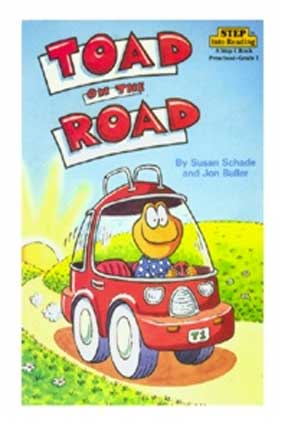"No! No! No! It was impossible. Her hands clutched the iron in frenzy. Amid the seas she sent a cry of anguish!" ("Eveline," 24).
Pros: Her home is "familiar" to her, and she "never dreamed of being divided" from the objects within her house -- she shows no desire to part with that familiarity (3). Additionally, while her father can be violent, threatening, frugal, restrictive, and completely incompetent, he can be "very nice" sometimes and made her toast once (13). Who could leave a model father like that? In all seriousness, Eveline has a connection to her father not because he is an apt father but because he is her father. Finally, she promised her dead mother that she would "keep the home together as long as she could" (14). To be clear, she made the promise when her dead mother was alive.
Cons: Eveline works extremely hard "in the Stores" for her family, and her supervisor, Miss Gavan, was demanding of her (5). I already listed the cons of her father within the pros, but I can repeat them: "violent, threatening, frugal, restrictive, and completely incompetent" (9). In addition to the difficult life at home, Eveline has a potential life with promise. In Buenos Aires, Eveline would marry Frank, who is "kind," "manly," and "open-hearted" (10). Spell check thinks I should change "open-hearted" to "open-heated" -- perhaps this is an indication of Frank's loving warmth. This potential life serves as a kind of foil to her present life in Dublin.
How did Eveline finally make the decision not to board the ship? For the same reason that I think she is the one of the most annoying characters we have encountered in this class; Eveline made a last minute decision, and it seems like there was no will in the decision. She "prayed to God to direct her," so there could have been some divine intervention (19). When a metaphorical "bell clanged upon her heart," Eveline had an epiphany that Frank would metaphorically "drown her" (20-22). "No! No! No! It was impossible" (24). Eveline could not decide to leave with Frank, for whatever sudden reason, which probably had something to do with a theme having to do with a spiritual connection to one's home that prevents him from exploring new destinations.


